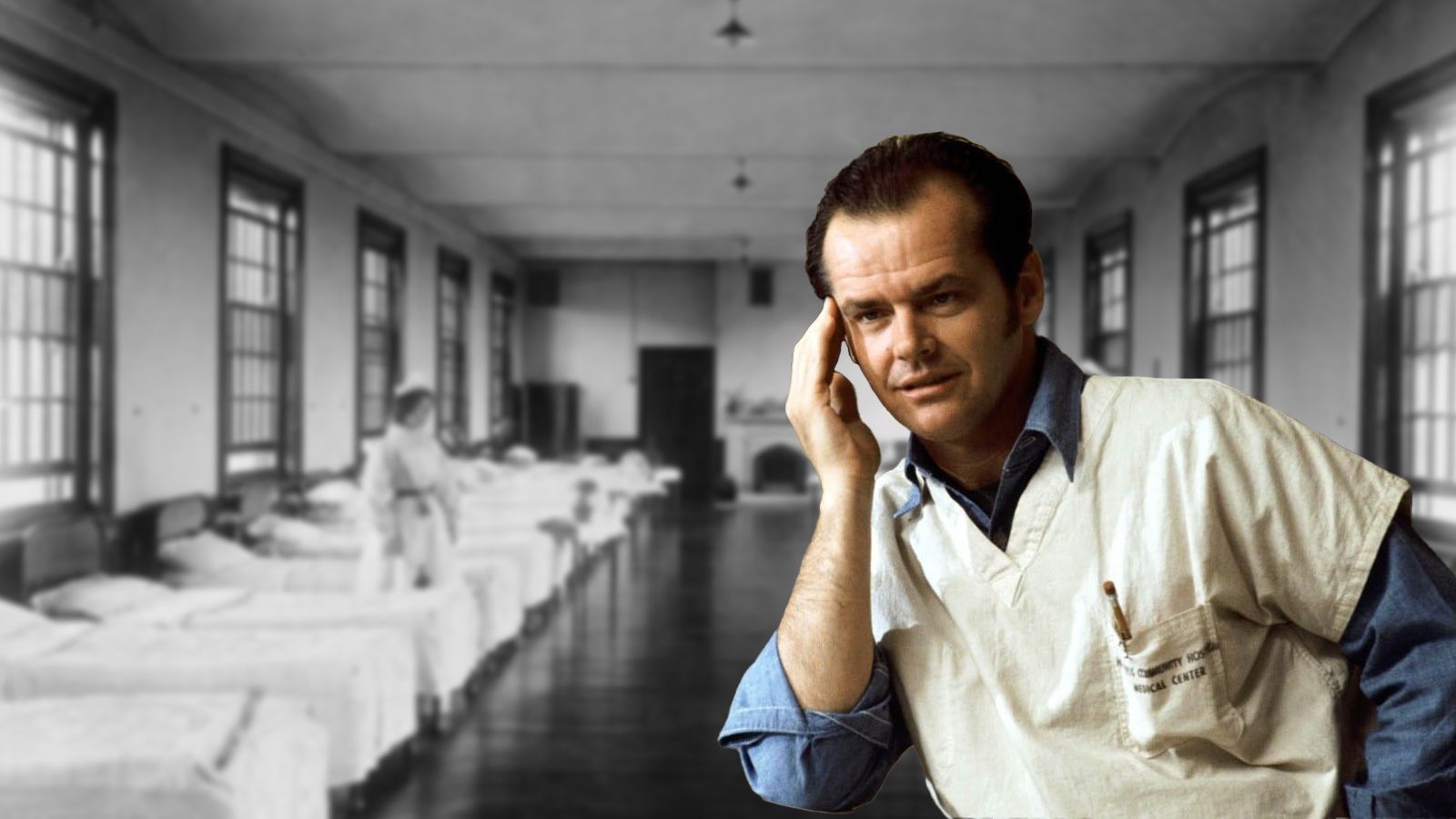
Did someone forward you this? Subscribe here free!
By Max Frost
You can scarcely walk down a main street in a major American city without seeing an unshowered and unshaven man talking to himself, screaming out, or speaking gibberish. For years, I’d heard friends, podcasters, and media personalities blame this situation on President Reagan and “deinstitutionalization.” I didn’t care or think much about it and basically took that information at face value.
But last month, I was in London, Ontario – a Canadian city with a significant homeless and mentally ill population – and, waddayaknow, people there said the situation began with the closure of a mental hospital in the 1980s. That sent me down the rabbit hole, where I learned that while Reagan played a role in deinstitutionalization, he was but one figure in a major saga that spans parties, countries, and generations, and led to the situation we have on our street today.
So what is that story? That’s the subject of today’s deep-dive.

Ken Kesey was the all-American kid, a gifted writer and a wrestler at the University of Oregon. In the 1950s, he landed at Stanford University, where, seeking some extra cash, he signed up for two unique experiences: Working in an asylum, and serving as a guinea pig for the CIA’s MKUltra mind-control experiment. By age 24, Kesey was tripping on government-supplied psychedelics by day and sedating patients by night.
The experiences filled Kesey’s head with novel ideas. The psychedelics were triggering an awakening that would later make him a founding father of counter-culture; at the same time, he was immersed in a world where people were being drugged, straitjacketed, and deprived of all autonomy. In 1962, these thoughts produced a book, One Flew Over the Cuckoo’s Nest. The story – about a nurse crushing the individuality of a rebellious patient – landed on fertile ground, becoming a national best-seller, a play, and an Oscar-winning movie.
And Kesey would help fuel a revolution.
This full report is for paid subscribers, who fund our journalism. If you start a two-week free trial today, you’ll be automatically entered to win a free year. Once you sign up, you can access all of our articles here!

Editor’s Note
Thanks for reading. We’re interested to hear what you think about this one. Do countries have to choose between an individual’s rights, adequate care, and public safety? Or is there a way to balance it all? Let us know by replying here.
And find our latest articles below if you’ve missed any:
See you tomorrow.
—Max and Max




